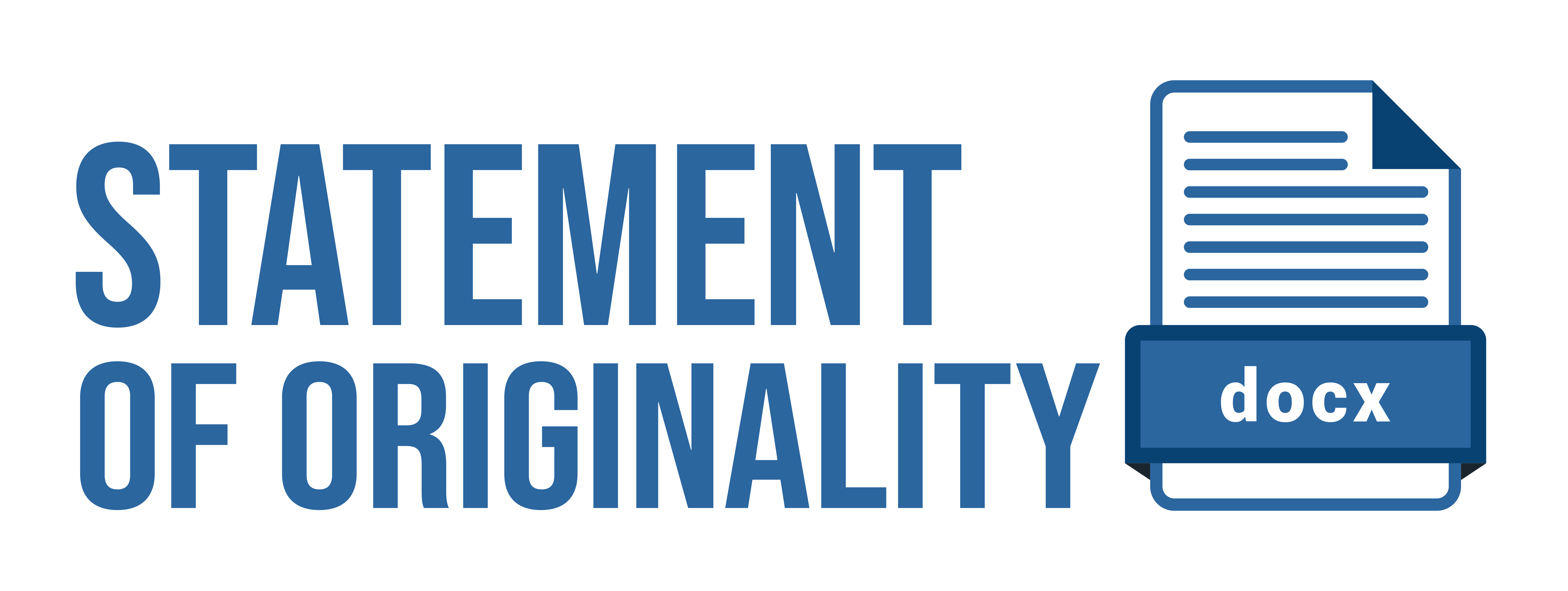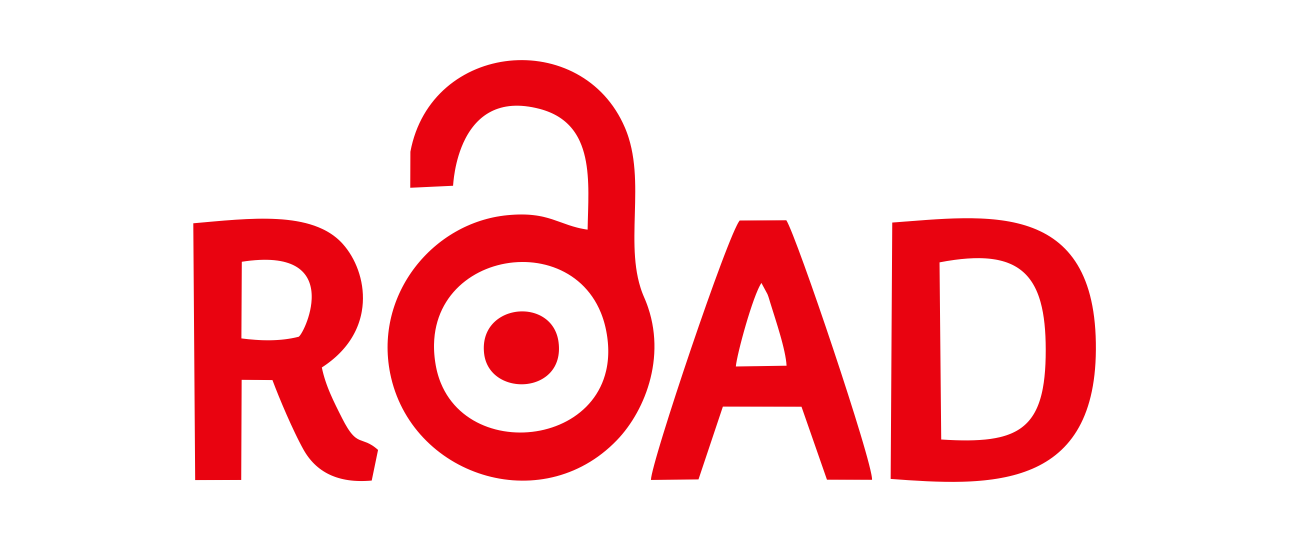PENGGUNAAN BITCOIN SEBAGAI ALAT PEMBAYARAN ZAKAT MENURUT PERSPEKTIF HUKUM ISLAM
DOI:
https://doi.org/10.15575/adliya.v14i1.8542Keywords:
Pembayaran Zakat, Bitcoin, Hukum IslamAbstract
Abstract
Zakat payments are increasingly developing in the current digital era, the Shackwell Lane Mosque in Hackney, London, England accepts zakat payments in other forms other than cash which is of cryptocurrencies such as Bitcoin. Related to the halal controversy and the prohibition of the use of bitcoin digital currency in Islamic law, Zayd al-Khair as a religious adviser at the mosque said, if Islamic scholars have argued and supported the use of cryptocurrencies. The purpose of this study is to find out and understand the use of bitcoin as a purpose of payment of zakat that is legal and accordance with Islamic law or not, in the sense that nothing deviates from the principles of Islamic law. The research method used is normative juridical. Bitcoin can be said to be haram because it contains the element of gharar and cannot be used as zakat payment. This is reinforced by the MUI fatwa No. 13 of 2011 about the law of zakat on haram assets which emphasizes that haram assets cannot be the compulsory object of zakat.
Â
Abstrak
Pembayaran zakat semakin berkembang di era digital saat ini, Masjid Shackwell Lane di Hackney, London, Inggris menerima pembayaran zakat dalam bentuk lain di luar uang tunai yaitu berupa mata uang kripto seperti Bitcoin. Terkait dengan kontroversi halal dan haramnya penggunaan mata uang digital bitcoin dalam hukum Islam, Zayd al-Khair sebagai penasihat agama di masjid mengatakan, jika para cendekiawan Islam telah berdebat dan mendukung penggunaan mata uang kripto. Tujuan penelitian ini yaitu untuk mengetahui dan memahami penggunaan bitcoin sebagai alat pemÂbayaÂran zakat yang sah dan sesuai dengan hukum Islam atau tidak, dalam arti tidak ada hal-hal yang menyimpang dari prinsip hukum Islam itu sendiri. Metode penelitian yang digunakan yaitu tipe penelitian yuridis normaÂtif. Bitcoin dapat dikatakan haram karena mengandung unsur gharar dan tidak dapat digunakan sebagai pembayaran zakat. Ini diperkuat dengan Fatwa MUI No 13 Tahun 2011 tentang Hukum Zakat atas Harta Haram yang menegaskan bahwa harta haram tidak bisa menjadi objek wajib zakat.
References
Ausop, Asep Zaenal & Aulia, Elsa Silvia Nur. Teknologi Cryptocurrency Bitcoin Untuk Investasi Dan Transaksi Bisnis Menurut Syariat Islam, Jurnal Sosioteknologi, Vol. 17, No 1, April 2018. DOI: http://dx.doi.org/10.5614%2Fsostek.itbj.2018.17.1.8
Che Ludin, Che Mohd Fakhri, et.al., Bitcoin: Analisis Bitcoin Melalui Muamalat dan Maṣlahaṯ, ISES4101 Ijtihad dalam Isu-isu Sains dan Pemikiran Saintifik. Malaysia: Universiti Malaya, t.th.
Darmawan, Indra. Pengantar Uang dan Perbankan, Jakarta: PT Rineka Cipta, 1992.
Djamil, Fathurrahman. Hukum Ekonomi Islam, Jakarta: Sinar Grafika, 2013.
https://bitcoin.org/id/faq (diakses tanggal 27-03-2019)
https://edukasibitcoin.com/mui-malang-haramkan-bitcoin (Diakses 20-12-2019)
https://islam.nu.or.id/post/read/86225/hukum-transaksi-dengan-bitcoin (Diakses tanggal 29-01-2020)
https://kumparan.com/kumparannews/11-poin-mui-tentang-bitcoin-yang-diharamkan-sebagai-investasi/full ( Diakses Tanggal 10-05-2020)
https://www.cnnindonesia.com/teknologi/20180524143721-185-300968/masjid-di-inggris-halalkan-bitcoin-untuk-bayar-zakat (Diakses tanggal 18-07-2019)
Ibrahim, R. Maulana, Paper Seminar Internasional Toward a Less Cash Society in Indonesia, Jakarta: Direktorat Akunting dan Sistem Pembayaran Bank Indonesia, 2006.
Lidia, Dara. Eksistensi Bitcoin Dalam Perspektif MaqâṢid Al-Syar‘Īyah, Petita, Volume 3, Nomor 2, Januari-Juni. 2018.
Nurhisam, Luqman. Bitcoin Dalam Kacamata Hukum Islam, Vol. 4, No. 1, Juni 2017.
Nurillah, Achmad Wafyuddin. Skripsi: Bitcoin Sebagai Alat Transaksi Dan Investasi, Semarang: Universitas Islam Negeri Walisongo. 2018.
Wijaya, Dimas Ankaa dan Darmawan, Oscar. Blockchain dari Bitcoin untuk Dunia, Jakarta: Jasakom, 2017.
Wijaya, Dimaz A. Mengenal Bitcoin & Cryptocurrency, Medan: Puspantara. 2016
Wijaya, Sandra. Skripsi: Transaksi Jual Beli Bitcoin Dalam Perspektif Hukum Islam, Universitas Islam Indonesia: Yogyakarta, 2018.
Downloads
Published
How to Cite
Issue
Section
Citation Check
License
Authors who publish in ADLIYA: Jurnal Hukum dan Kemanusiaan agree to the following terms:
- Authors retain copyright and grant the journal right of first publication with the work simultaneously licensed under a Attribution-ShareAlike 4.0 International (CC BY-SA 4.0) License that allows others to share the work with an acknowledgment of the work's authorship and initial publication in this journal.
- Authors are able to enter into separate, additional contractual arrangements for the non-exclusive distribution of the journal's published version of the work (e.g., post it to an institutional repository or publish it in a book), with an acknowledgment of its initial publication in this journal.
- Authors are permitted and encouraged to post their work online (e.g., in institutional repositories or on their website) prior to and during the submission process, as it can lead to productive exchanges, as well as earlier and greater citation of published work (See The Effect of Open Access).
















